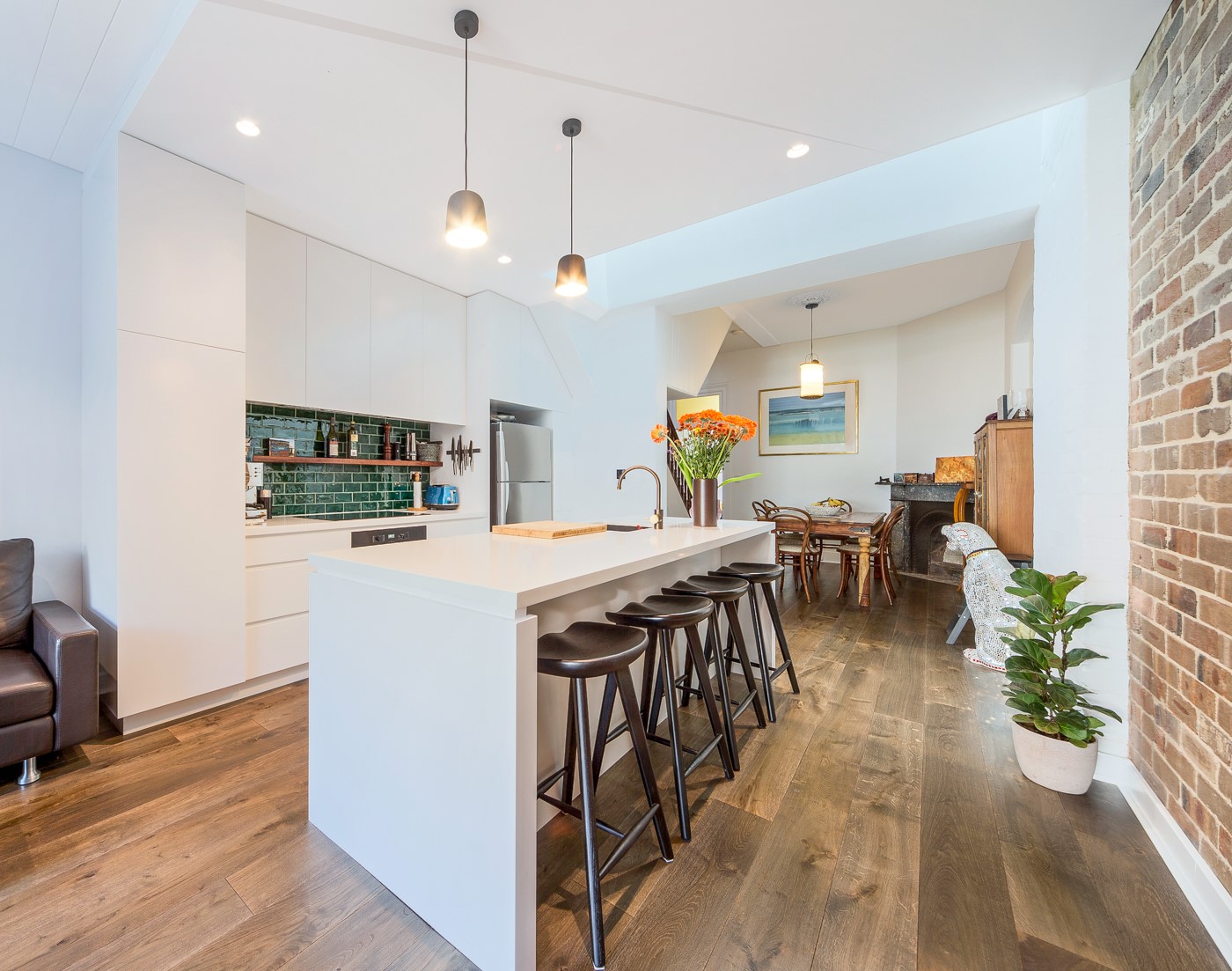Before starting a renovation project it’s important to understand the difference between what you want, what you need and what you can afford, to achieve a perfect result
Renovating a home can be a very time-consuming process, full of compromises. If the house is old and the bones of the project are wrong to start with, in some instances it may be better to detonate and rebuild, instead of renovating. However, if knocking down your existing house is not an option and you want more than a cosmetic renovation, it’s vital to be realistic about the process and outcome.
Many homeowners enter a renovation project not fully understanding what they’re taking on. I’ve heard it said many times, that it takes a strong relationship between partners to survive a renovation project; and this can certainly be the case.
The first thing to understand is that renovating can often cost more and take longer than building a new house. However, it will depend on several factors including the location and condition of the current building and the expected value upon completion. Renovating in high net worth suburbs can reap greater rewards than in less established suburbs. The quality of the materials and craftsmanship employed in the renovation is also vital to ensure a quality result.
Before embarking on a renovation project, as yourself these important questions:
Why am I renovating?
How do I live and what do I want to achieve?
What is my budget?
Have I done my research and does it cover my wish list?
Who will design my renovation?
Do I need a building designer, an architect or an interior designer?
Each profession brings with it a set of skills and budgets and it’s important to factor-in their fees outside of your renovation budget. And remember to include fees for councils, engineers, planning and building permits that may be required.
How long will it take and will I need to move out?
If so where I live and what will it cost to rent?
How involved do I want to be in the process?
Will I hire a project manager or do it myself – or a bit of both?
What is my tolerance level when it comes to disruption?
Can I live with the constant round of problem solving and decision making?
Even though you may hire a project manager, there will always be questions for you to answer.
How long do I plan to live here post renovation?Will the completed work add value to my home?
Beware of over-capitalising. If in doubt, speak to a local real estate agent who can give you an idea of what your home may be worth post-renovation.
Have I budgeted for good lighting, furnishings and accessories?
Many people spend so much on the building they forget they need to furnish their new spaces to make them comfortable and beautiful to live in. And never overlook the importance of good lighting, which can make or break your interior.
Whatever your reason for renovating, it’s important to have a clear understanding of why you’re doing it and what you want to achieve. Create a ‘wish list’ to clarify your needs and desires. Use this to brief your architect and interior designer – you’ll need both if you want the perfect outcome between a beautiful functional building and a well-thought out interior space to add comfort and amenity to your home.
Gather ideas and create a mood board. You can do this by clipping magazine pages or going online to find ideas. Create a folder or digital file, such as Pinterest, to share with your designers but remember, too many ideas can be confusing so it’s important to edit your ideas into a cohesive look. This is where your professional designers can be a huge help to clarify your thoughts.
Briefing your designer is the most important step. They will need to know how you live and what you want to achieve from your renovation. You must consider your lifestyle. Do you love to cook and entertain; do you like living outdoors; do you want separate quarters for parents and children; do you like open, family spaces or quiet intimate areas; do you have small children; animals and what about visitors – do you need space for visiting in-laws or relatives? All these questions should be addressed before your plans are finalised.
Once you have your plans completed and all your spaces designed and living arrangements worked out, you’ll need a timeline to complete the job. Always be aware that this may blow out due to changes to brief by homeowners (dangerous!) and many factors which cannot be foreseen. Renovating requires many trades and meticulous planning but it can never be guaranteed that your expected timeline will be met, so it’s best not to plan that backyard wedding or 21st birthday party at home until AFTER the renovation is complete.
This renovation of an inner city terrace provides more space, light and amenity. Project and photos courtesy Direct Building Solutions. www.directbuildingsolutions.com.au

















